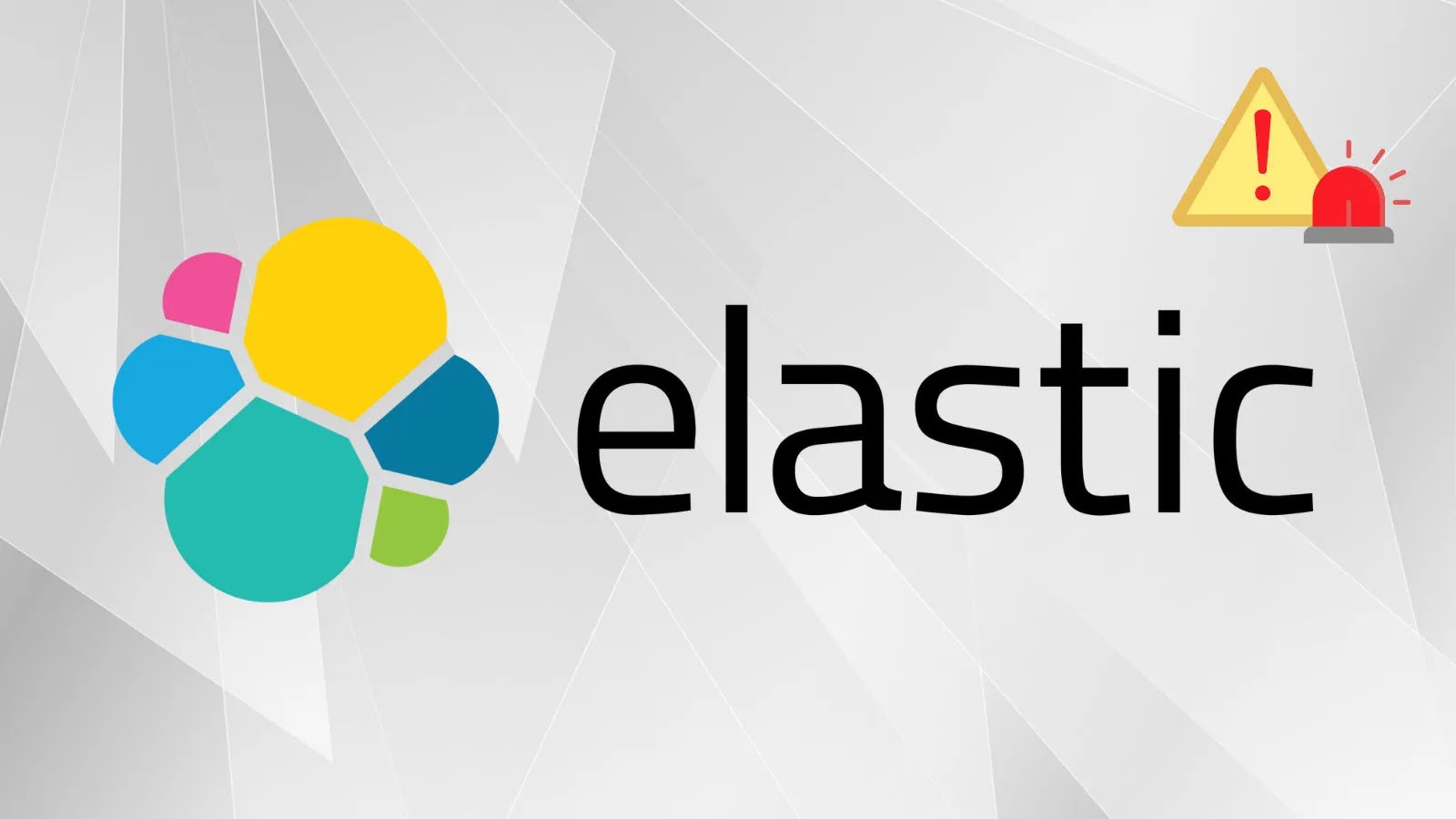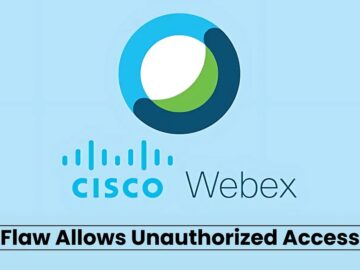Recent High-profile supply‐chain attacks have exposed critical weaknesses in package registry security, prompting GitHub to roll out a suite of defenses designed to harden the npm ecosystem.
“GitHub Enhances npm’s security with strict authentication, granular tokens, and trusted publishing” marks the latest milestone in defending open source against account takeovers and malicious post-install payloads.
Account Takeovers and Post-Install Malware
In mid-September 2025, the npm registry was rocked by the Shai-Hulud attack, a self-replicating worm that leveraged compromised maintainer credentials to inject malicious JavaScript into widely used packages.
By embedding post-install scripts that exfiltrated environment variables and API secrets, the worm threatened to create a persistent backdoor across thousands of developer machines.
Attackers deployed Indicators of Compromise (IoCs) that included obfuscated PowerShell one-liners and rogue script tags to harvest tokens and credentials.
Over 500 infected modules were unpublished within 24 hours, and npm blocked uploads containing the worm’s IoCs.
This breach underscores how malicious actors exploit weak authentication and overly permissive tokens. Without multi-factor enforcement or scoped tokens, a single stolen classic token can become a foothold for escalating privileges, distributing malware, or pivoting deeper into critical projects.
Security Measures to Prevent Compromise
To counter token abuse and prevent future supply-chain compromise, GitHub is introducing three core measures:
Strict authentication
All npm publish operations will require enforced two-factor authentication (2FA) using FIDO2/WebAuthn. The legacy Time-based One-Time Password (TOTP) method will be deprecated, eliminating vulnerabilities associated with shared seed values or SMS fallback.
Granular tokens
Developers will generate short-lived granular access tokens with scoped permissions for example, read:packages or publish:package-name—and a maximum lifetime of seven days.
Classic tokens will be deprecated entirely, removing the risk of unlimited-scope credentials persisting indefinitely.
Trusted publishing
Leveraging OpenSSF’s Trusted Publishers specification, maintainers can bind package publication to established identity providers via OIDC.
This eliminates the need to embed API tokens in CI/CD pipelines, reducing exposure during build processes.
Additional measures include disabling token bypass for local publishing, expanding the roster of supported identity providers, and publishing migration guides to integrate these changes seamlessly.
GitHub plans a phased rollout with configurable enforcement windows, allowing organizations to adapt CI workflows and update automation scripts without disruption.
As the open source ecosystem scales, security remains a collective responsibility. By adopting FIDO2-based 2FA, migrating to granular tokens, and embracing trusted publishing, npm maintainers can greatly reduce the attack surface for supply-chain threats.
These enhancements not only protect individual projects but also reinforce the integrity of the software industry’s foundational infrastructure.
Follow us on Google News, LinkedIn, and X for daily cybersecurity updates. Contact us to feature your stories.




